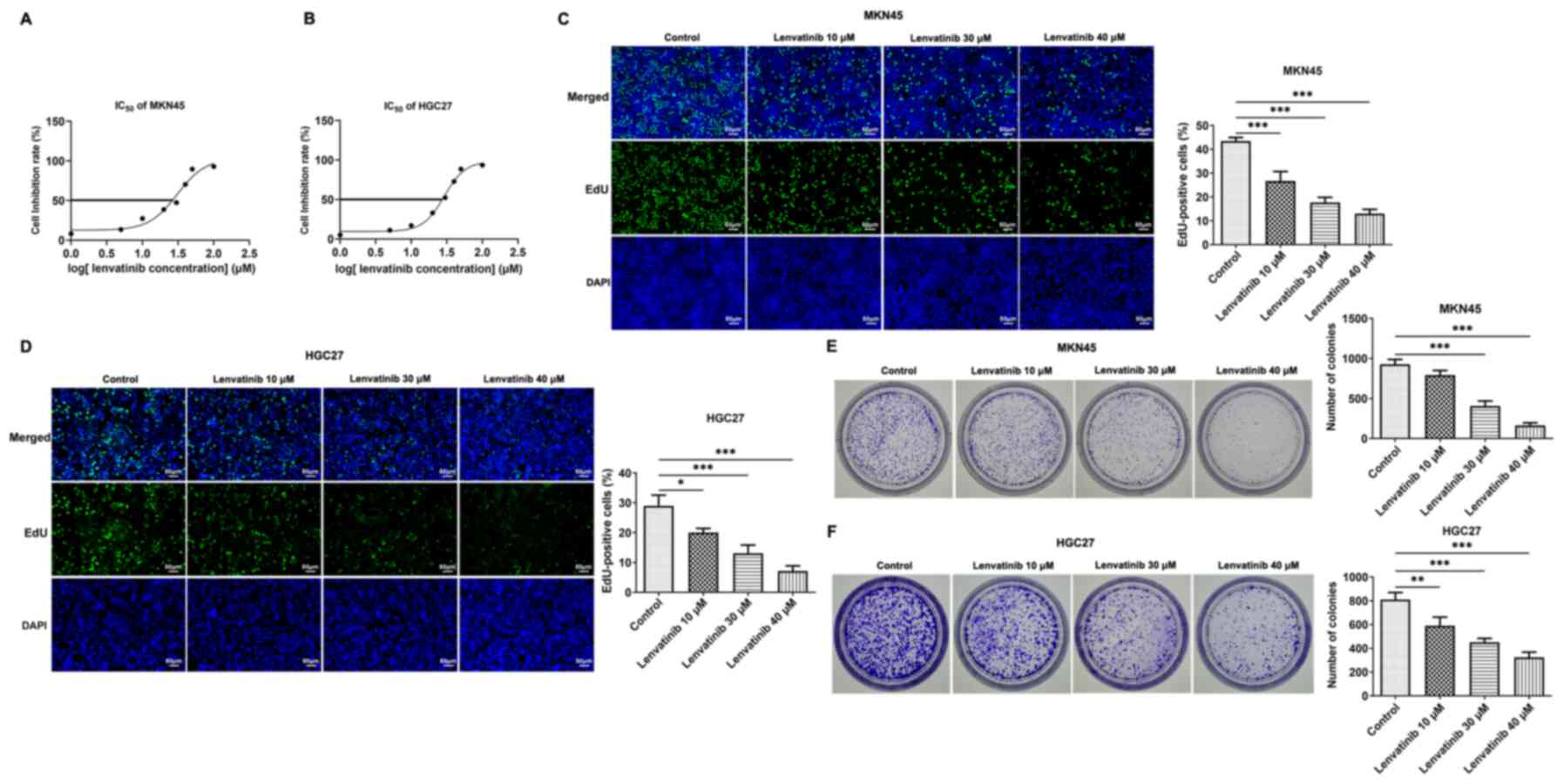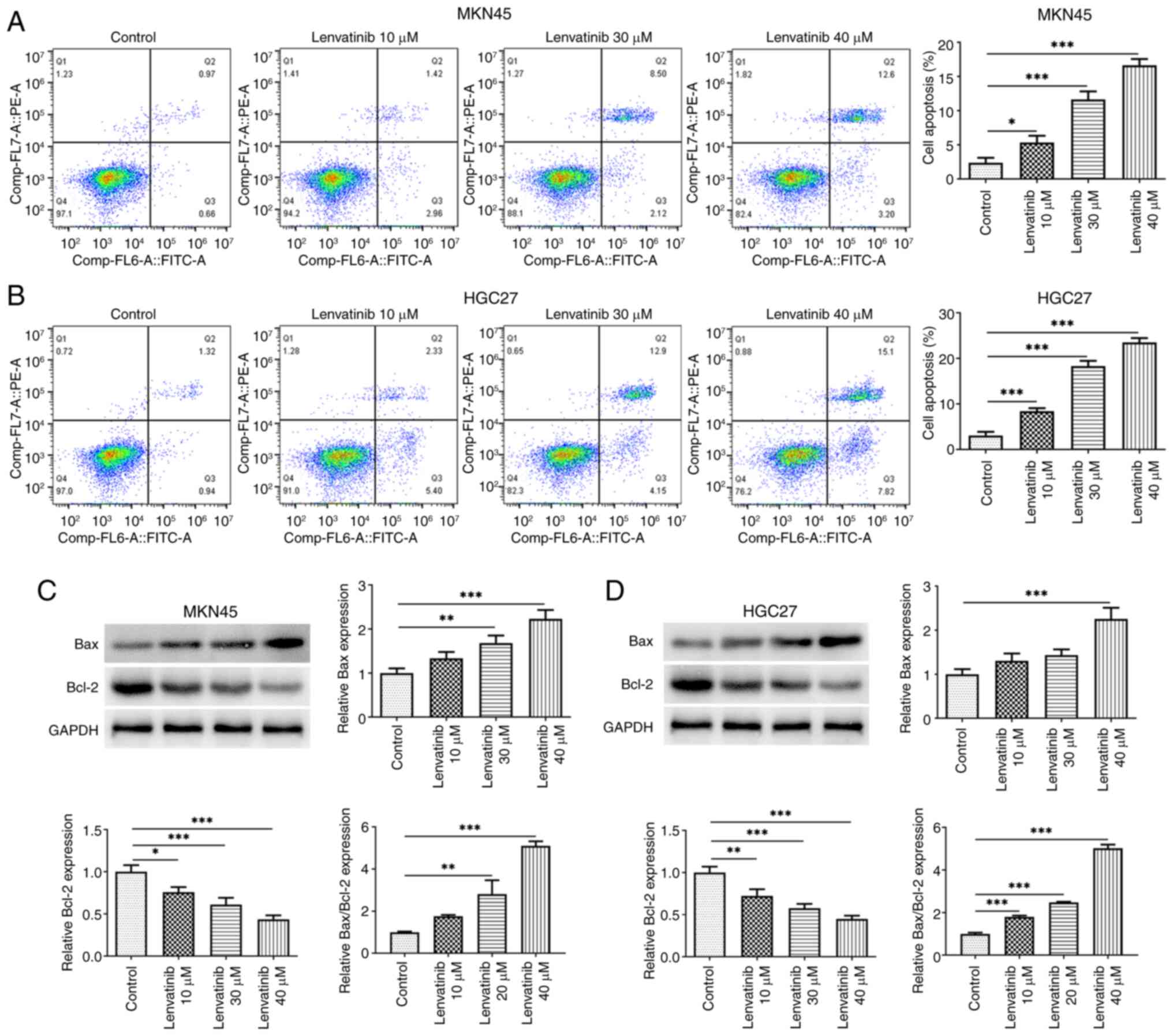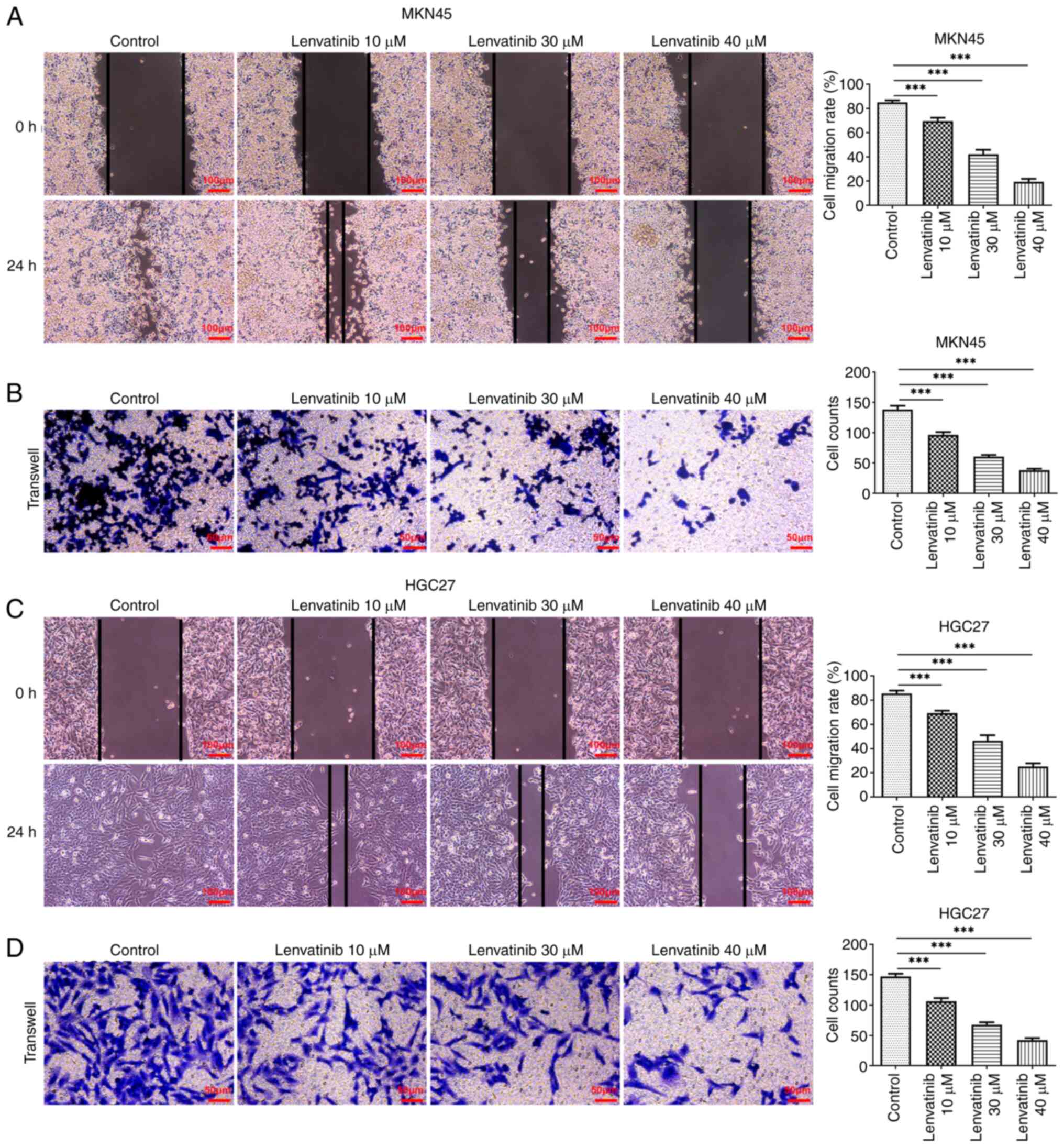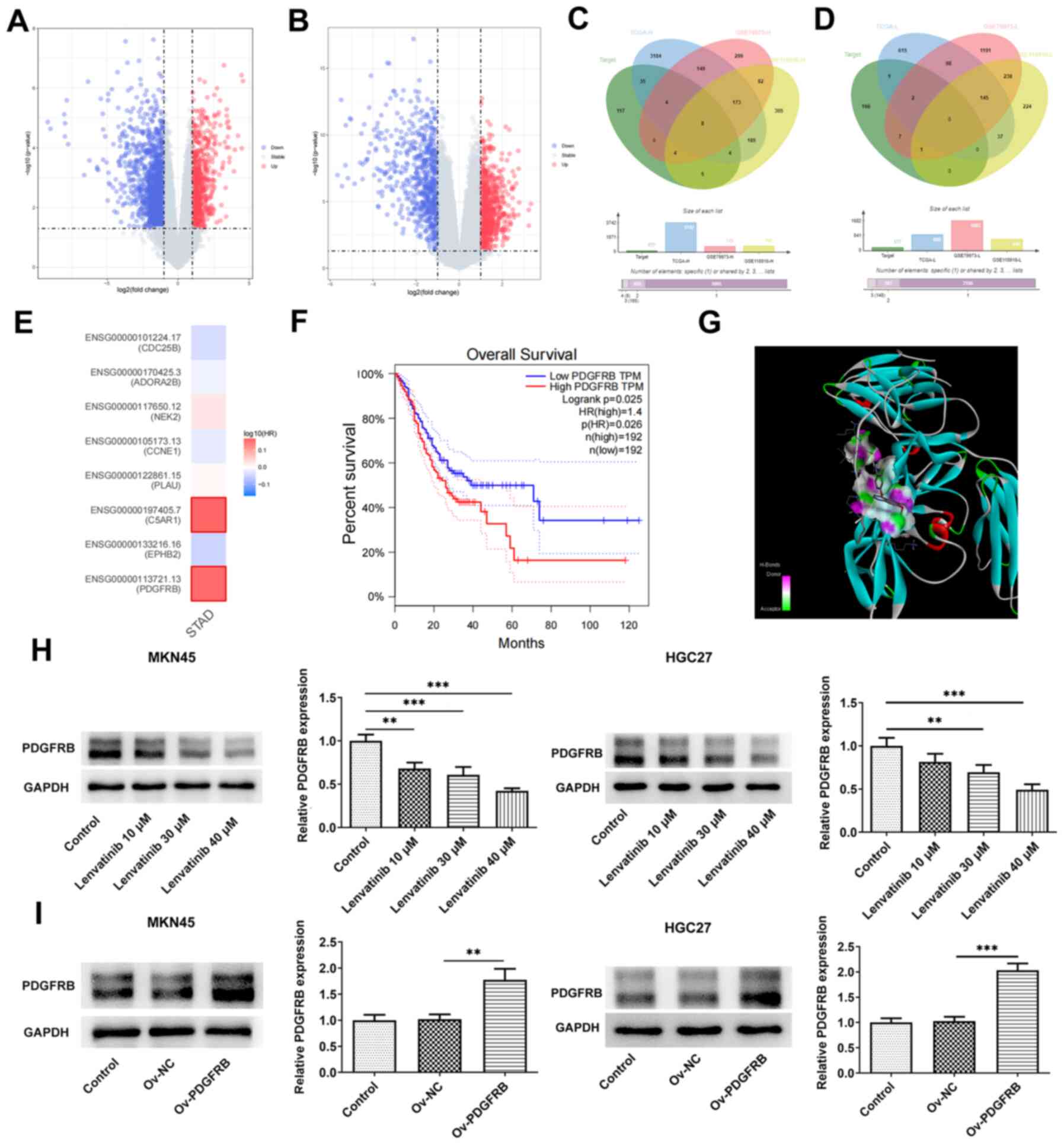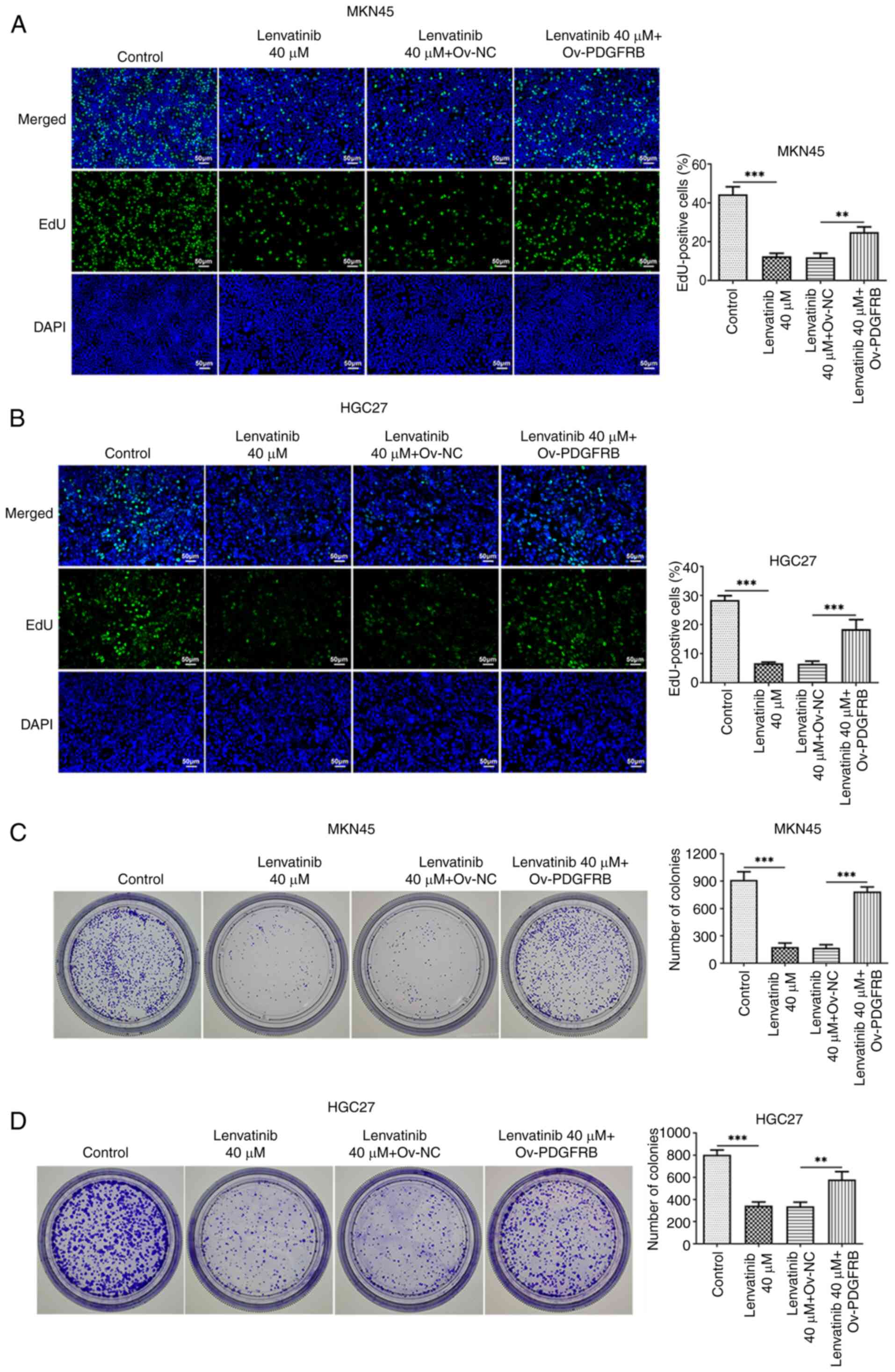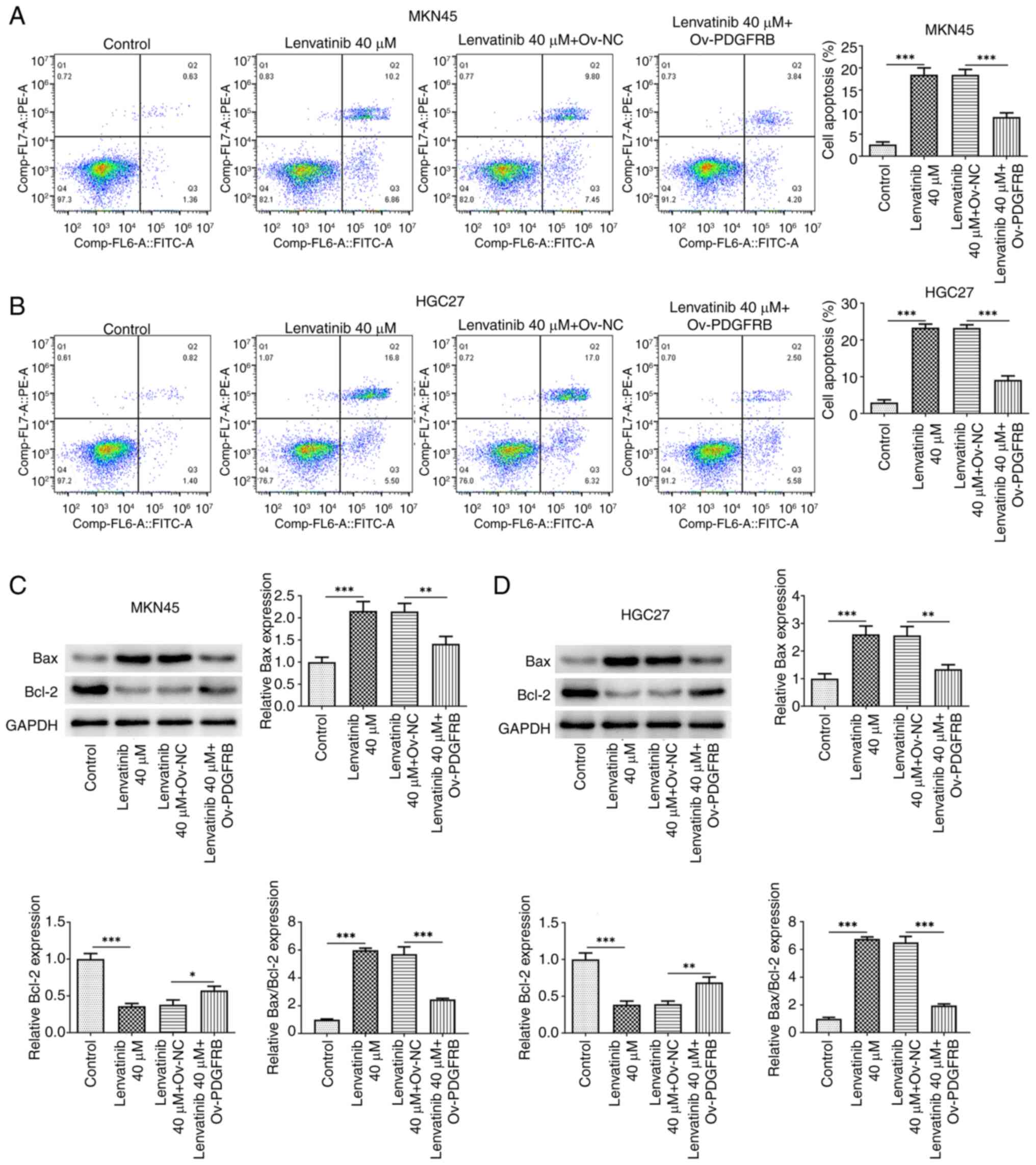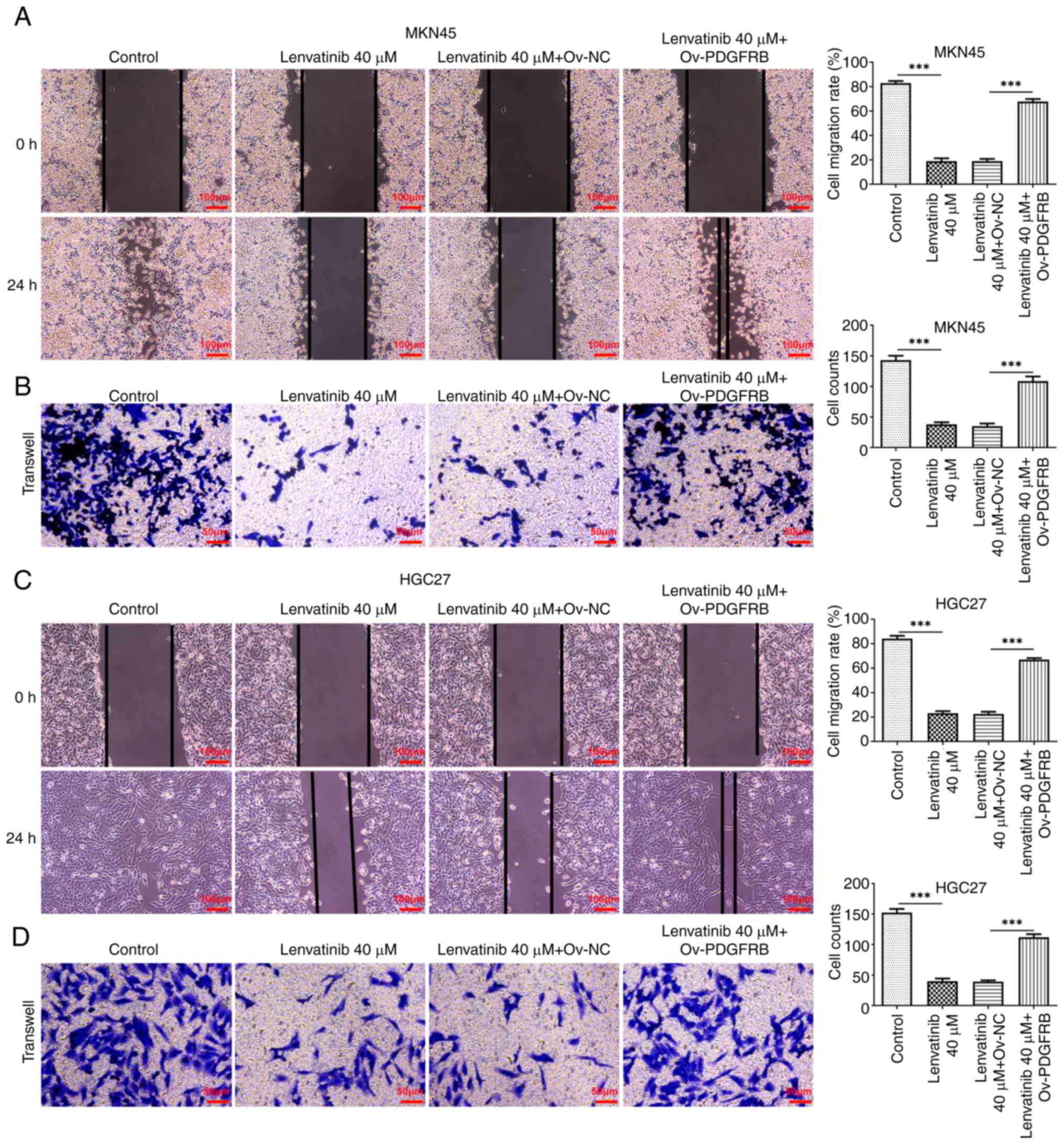|
1
|
Machlowska J, Baj J, Sitarz M, Maciejewski
R and Sitarz R: Gastric cancer: Epidemiology, risk factors,
classification, genomic characteristics and treatment strategies.
Int J Mol Sci. 21:40122020. View Article : Google Scholar : PubMed/NCBI
|
|
2
|
Smyth EC, Nilsson M, Grabsch HI, van
Grieken NC and Lordick F: Gastric cancer. Lancet. 396:635–648.
2020. View Article : Google Scholar : PubMed/NCBI
|
|
3
|
Yang K, Lu L, Liu H, Wang X, Gao Y, Yang
L, Li Y, Su M, Jin M and Khan S: A comprehensive update on early
gastric cancer: Defining terms, etiology, and alarming risk
factors. Expert Rev Gastroenterol Hepatol. 15:255–273. 2021.
View Article : Google Scholar : PubMed/NCBI
|
|
4
|
Conti CB, Agnesi S, Scaravaglio M,
Masseria P, Dinelli ME, Oldani M and Uggeri F: Early gastric
cancer: Update on prevention, diagnosis and treatment. Int J
Environ Res Public Health. 20:21492023. View Article : Google Scholar : PubMed/NCBI
|
|
5
|
Xia JY and Aadam AA: Advances in screening
and detection of gastric cancer. J Surg Oncol. 125:1104–1109. 2022.
View Article : Google Scholar : PubMed/NCBI
|
|
6
|
Repetto O, Vettori R, Steffan A,
Cannizzaro R and De Re V: Circulating proteins as diagnostic
markers in gastric cancer. Int J Mol Sci. 24:169312023. View Article : Google Scholar : PubMed/NCBI
|
|
7
|
Farran B, Müller S and Montenegro RC:
Gastric cancer management: Kinases as a target therapy. Clin Exp
Pharmacol Physiol. 44:613–622. 2017. View Article : Google Scholar : PubMed/NCBI
|
|
8
|
Röcken C: Predictive biomarkers in gastric
cancer. J Cancer Res Clin Oncol. 149:467–481. 2023. View Article : Google Scholar : PubMed/NCBI
|
|
9
|
Ajani JA, D'Amico TA, Bentrem DJ, Chao J,
Cooke D, Corvera C, Das P, Enzinger PC, Enzler T, Fanta P, et al:
Gastric cancer, version 2.2022, NCCN clinical practice guidelines
in oncology. J Natl Compr Canc Netw. 20:167–192. 2022. View Article : Google Scholar : PubMed/NCBI
|
|
10
|
Zeng Y and Jin RU: Molecular pathogenesis,
targeted therapies, and future perspectives for gastric cancer.
Semin Cancer Biol. 86:566–582. 2022. View Article : Google Scholar : PubMed/NCBI
|
|
11
|
Li AY, McCusker MG, Russo A, Scilla KA,
Gittens A, Arensmeyer K, Mehra R, Adamo V and Rolfo C: RET fusions
in solid tumors. Cancer Treat Rev. 81:1019112019. View Article : Google Scholar : PubMed/NCBI
|
|
12
|
Albarrán V, Villamayor ML, Chamorro J,
Rosero DI, Pozas J, San Román M, Calvo JC, Pérez de Aguado P,
Moreno J, Guerrero P, et al: Receptor tyrosine kinase inhibitors
for the treatment of recurrent and unresectable bone sarcomas. Int
J Mol Sci. 23:137842022. View Article : Google Scholar : PubMed/NCBI
|
|
13
|
Fleuren EDG, Vlenterie M and van der Graaf
WTA: Recent advances on anti-angiogenic multi-receptor tyrosine
kinase inhibitors in osteosarcoma and ewing sarcoma. Front Oncol.
13:10133592023. View Article : Google Scholar : PubMed/NCBI
|
|
14
|
Chakraborty E and Sarkar D: Emerging
therapies for hepatocellular carcinoma (HCC). Cancers (Basel).
14:27982022. View Article : Google Scholar : PubMed/NCBI
|
|
15
|
Liu YC, Hsu FT, Chung JG, Weng MC, Ting
CY, Tsai CJ, Lan A, Wu JY, Lin CC and Lin SS: Lenvatinib induces
AKT/NF-κB inactivation, apoptosis signal transduction and growth
inhibition of non-small cell lung cancer in vivo. Anticancer
Res. 41:2867–2874. 2021. View Article : Google Scholar : PubMed/NCBI
|
|
16
|
Fallahi P, Ferrari SM, Galdiero MR,
Varricchi G, Elia G, Ragusa F, Paparo SR, Benvenga S and Antonelli
A: Molecular targets of tyrosine kinase inhibitors in thyroid
cancer. Semin Cancer Biol. 79:180–196. 2022. View Article : Google Scholar : PubMed/NCBI
|
|
17
|
Kawazoe A, Fukuoka S, Nakamura Y, Kuboki
Y, Wakabayashi M, Nomura S, Mikamoto Y, Shima H, Fujishiro N,
Higuchi T, et al: Lenvatinib plus pembrolizumab in patients with
advanced gastric cancer in the first-line or second-line setting
(EPOC1706): An open-label, single-arm, phase 2 trial. Lancet Oncol.
21:1057–1065. 2020. View Article : Google Scholar : PubMed/NCBI
|
|
18
|
Fei HJ, Chen SC, Zhang JY, Li SY, Zhang
LL, Chen YY, Chang CX and Xu CM: Identification of significant
biomarkers and pathways associated with gastric carcinogenesis by
whole genome-wide expression profiling analysis. Int J Oncol.
52:955–966. 2018.PubMed/NCBI
|
|
19
|
Liu H, Qu Y, Zhou H, Zheng Z, Zhao J and
Zhang J: Bioinformatic analysis of potential hub genes in gastric
adenocarcinoma. Sci Prog. 104:3685042110042602021. View Article : Google Scholar : PubMed/NCBI
|
|
20
|
Karalis JD, Yoon LY, Hammer STG, Hong C,
Zhu M, Nassour I, Ju MR, Xiao S, Castro-Dubon EC, Agrawal D, et al:
Lenvatinib inhibits the growth of gastric cancer patient-derived
xenografts generated from a heterogeneous population. J Transl Med.
20:1162022. View Article : Google Scholar : PubMed/NCBI
|
|
21
|
Sexton RE, Al Hallak MN, Diab M and Azmi
AS: Gastric cancer: A comprehensive review of current and future
treatment strategies. Cancer Metastasis Rev. 39:1179–1203. 2020.
View Article : Google Scholar : PubMed/NCBI
|
|
22
|
Li K, Zhang A, Li X, Zhang H and Zhao L:
Advances in clinical immunotherapy for gastric cancer. Biochim
Biophys Acta Rev Cancer. 1876:1886152021. View Article : Google Scholar : PubMed/NCBI
|
|
23
|
Guan WL, He Y and Xu RH: Gastric cancer
treatment: Recent progress and future perspectives. J Hematol
Oncol. 16:572023. View Article : Google Scholar : PubMed/NCBI
|
|
24
|
Yang WJ, Zhao HP, Yu Y, Wang JH, Guo L,
Liu JY, Pu J and Lv J: Updates on global epidemiology, risk and
prognostic factors of gastric cancer. World J Gastroenterol.
29:2452–2468. 2023. View Article : Google Scholar : PubMed/NCBI
|
|
25
|
Patel TH and Cecchini M: Targeted
therapies in advanced gastric cancer. Curr Treat Options Oncol.
21:702020. View Article : Google Scholar : PubMed/NCBI
|
|
26
|
Blay JY, Kang YK, Nishida T and von Mehren
M: Gastrointestinal stromal tumours. Nat Rev Dis Primers. 7:222021.
View Article : Google Scholar : PubMed/NCBI
|
|
27
|
Zhao Y, Zhang YN, Wang KT and Chen L:
Lenvatinib for hepatocellular carcinoma: From preclinical
mechanisms to anti-cancer therapy. Biochim Biophys Acta Rev Cancer.
1874:1883912020. View Article : Google Scholar : PubMed/NCBI
|
|
28
|
Lee SH, Contreras Panta EW, Gibbs D, Won
Y, Min J, Zhang C, Roland JT, Hong SH, Sohn Y, Krystofiak E, et al:
Apposition of fibroblasts with metaplastic gastric cells promotes
dysplastic transition. Gastroenterology. 165:374–390. 2023.
View Article : Google Scholar : PubMed/NCBI
|
|
29
|
Akiyama T, Yasuda T, Uchihara T,
Yasuda-Yoshihara N, Tan BJY, Yonemura A, Semba T, Yamasaki J,
Komohara Y, Ohnishi K, et al: Stromal reprogramming through dual
PDGFRα/β blockade boosts the efficacy of anti-PD-1 immunotherapy in
fibrotic tumors. Cancer Res. 83:753–770. 2023. View Article : Google Scholar : PubMed/NCBI
|
|
30
|
Liu B, Xiao X, Lin Z, Lou Y and Zhao L:
PDGFRB is a potential prognostic biomarker and correlated with
immune infiltrates in gastric cancer. Cancer Biomark. 34:251–264.
2022. View Article : Google Scholar : PubMed/NCBI
|















